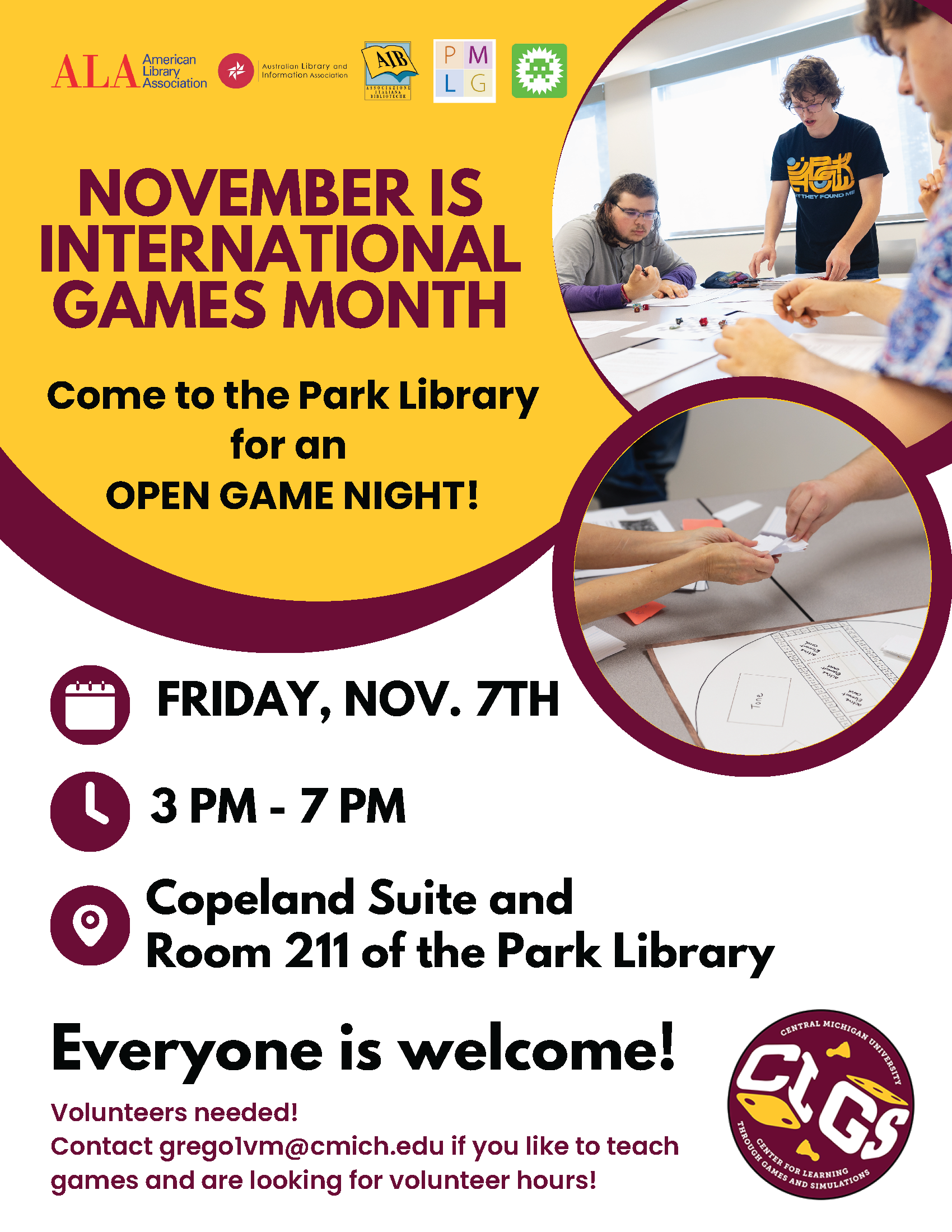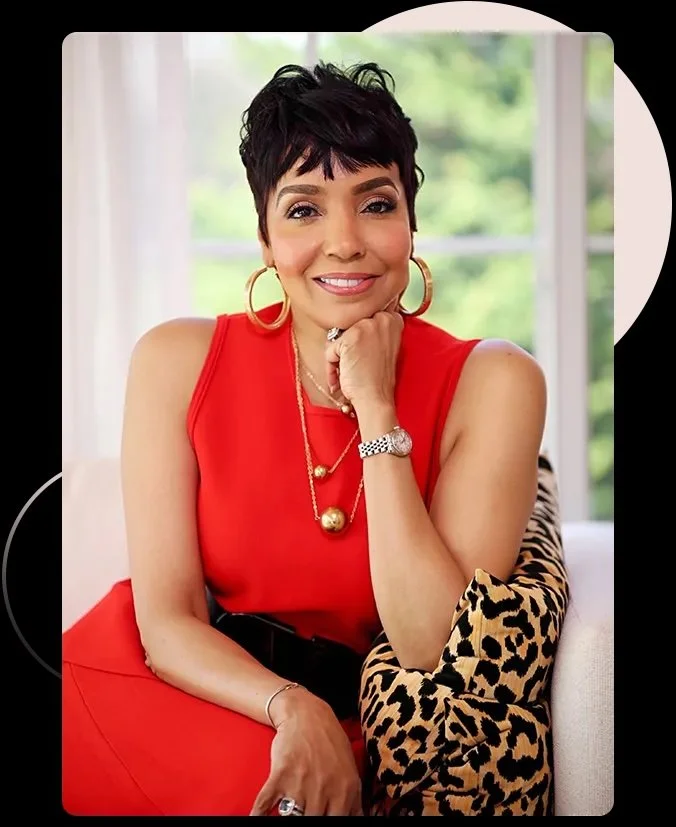Reflection: "What is the cost of lies?"
/The HBO miniseries Chernobyl, an exploration of the 1986 cataclysmic nuclear meltdown, begins with this question as its opening salvo. Over five dense episodes, the audience follows the main characters as they live through, and sometimes try to fight, officials’ intricate machinations to cover up the disaster. It is a gut-wrenching watch from beginning to end as the truth is covered up, uncovered, covered up again, and thousands of bodies pile up. While there is hope at the end for some discovery of what actually happened, viewers’ emotions—and any truth that remains—are left in shards.
It is so very human to want to get to the bottom of things, to have the facts, to affirm (or to discover!) the truth (the Truth?). In the days leading up to the fall 2019 semester, the newspaper headlines underline this quest.
“Why Do People Keep Convincing Themselves That They’ve Solved This Medieval Mystery?” (Washington Post)
“Finding Amelia Earhart’s Plane Seemed Impossible. Then Came a Startling Clue.” (NYTimes)
“Mystery Solved: Why Cats Eat Grass” (Science)
Our desire to have answers is strong.
And yet we are clearly in a moment when we have anxiety over the truth. We write and talk about deepfakes, the deep state, and too many conspiracy theories to count. And, of course, there is the expression “fake news” itself, words irrevocably linked to a discussion about truth and lies as they relate to American politics, the media, and foreign interference in domestic affairs.
These worries are not limited to national and global politics. They touch many subjects we research and teach: vaccinations and autism, the replication crisis of scientific studies (e.g. the marshmallow test), and the purpose of walls in the Middle Ages. The nature of climate change, one of the most wicked problems of the 21st century, is hotly debated.
Whether a mistruth is malevolently crafted or a slight variation on a fact, what happens when we don’t have the truth or some version of it? We excuse the least of the untruths with expressions like “white lies,” “fibs,” or “innocent mistakes.” The worst, though, can have devastating consequences. Election fraud undermines the very basis of democracy. Measles—a disease up until recently eradicated in the United States—is menacing the vulnerable in places like Michigan. Lies and misconceptions about certain groups of people that spread in the media and social networks can lead to hate crimes, some even ending in the horrific mass shootings we’ve witnessed again and again.
At the heart of this year’s Critical Engagement explorations and discussions, then, is the truth. What do we know? How do we know it? What do we do with that truth once we have it? We will explore these questions this year with faculty research and teaching, student endeavors, staff work, and community voices. We have planned conversations, lectures, pop-up classes, and other activities throughout the year as we look at truth and lies through the lenses of journalism, postmodern philosophies, the scientific method, social media, and even the role of the university itself.
Because the truth really does matter. For some nations and peoples carrying the burden of a genocidal past, bearing witness to truths and facts of that time is an essential step in inching toward a reconciled future. Even if sometimes we ignore the truth because the facts can be inconvenient or damaging, to not be able to unearth any truth at all would be truly alarming.
Again, Chernobyl poses the problem bang on in the opening minutes of the first episode: “The real danger is that if we hear enough lies, then we no longer recognize the truth at all. What can we do then? What else is left but to abandon even the hope of truth, and content ourselves instead... with stories.”
Join in and help us search for some of the answers…. and maybe a little truth while we’re at it, too.
Christi Brookes (christi.brookes@cmich.edu)
***
And below is a trailer for Chernobyl. It has the Russian phrase “Внимание, внимание” (“Vnimaniye, vnimaniye”/“Attention, attention”) on loop. It’s a must-watch series for anyone interested in this year’s Critical Engagements theme.










